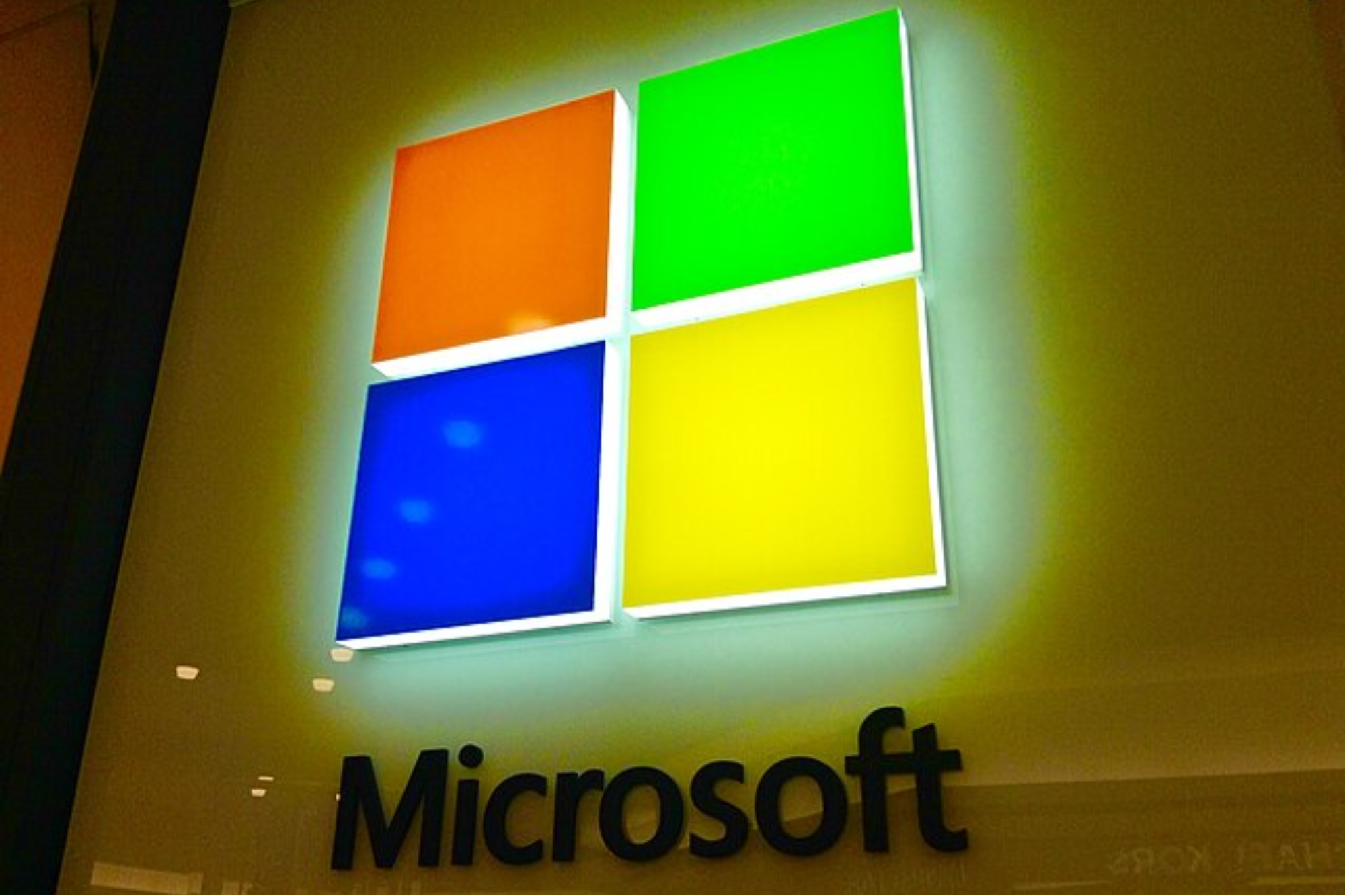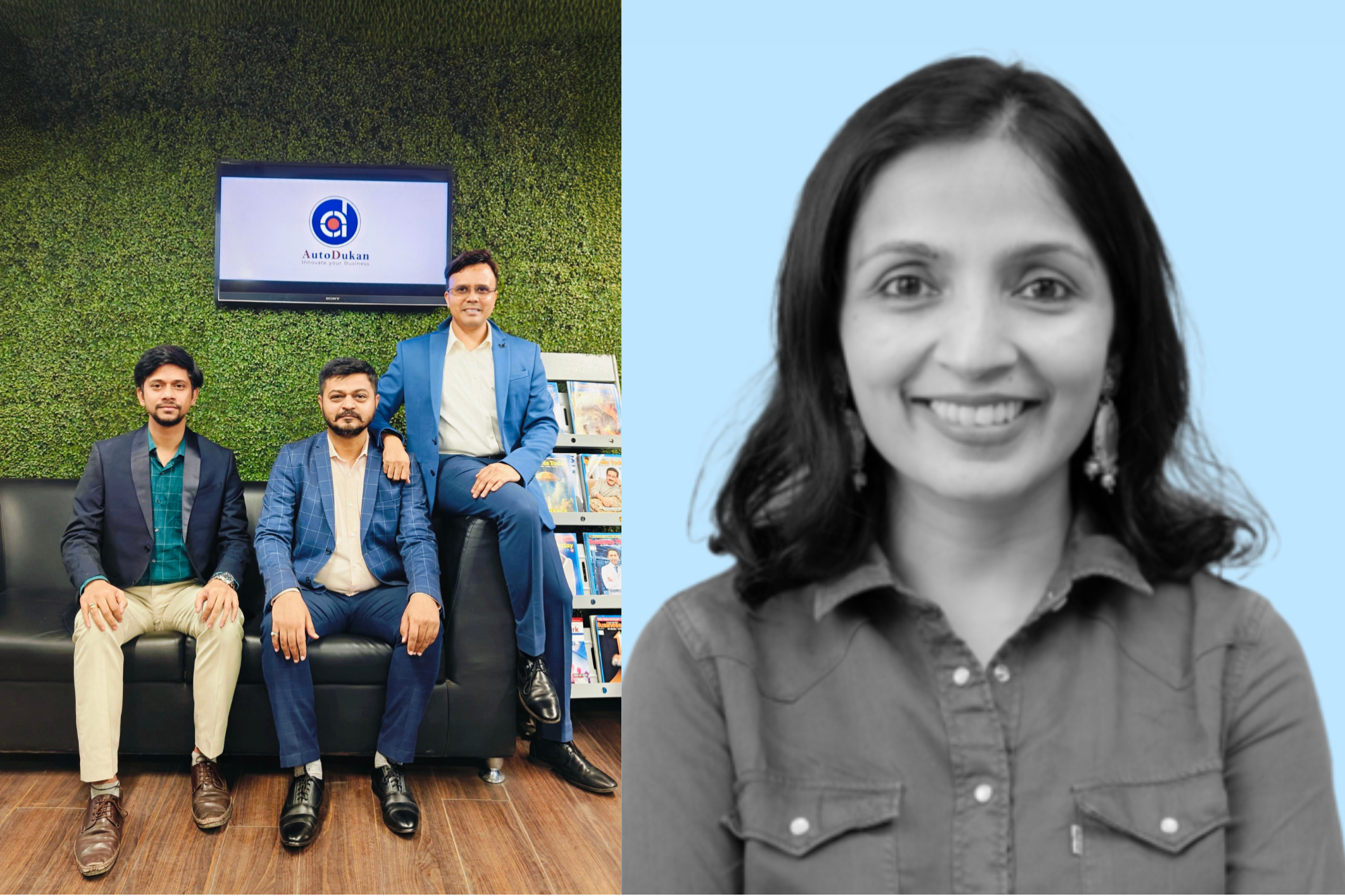Why Did Microsoft Ditch OpenAI's Board Observer Seat? When Sam Altman was reinstated as the CEO, with a new board in tow (Bret Taylor (Chair), Larry Summers, and Adam D'Angelo), the startup revealed it had gained Microsoft as "a non-voting observer." It further clarified that Microsoft "has no control"
You're reading Entrepreneur India, an international franchise of Entrepreneur Media.

On Wednesday, Microsoft announced it would be vacating the board observer seat at OpenAI. The decision comes after scrutiny from U.S. and UK antitrust regulators amid the soaring popularity of generative artificial intelligence.
"Over the past eight months, we have witnessed significant progress by the newly formed board and are confident in the company's direction. Given all of this we no longer believe our limited role as an observer is necessary," Microsoft said in a letter to OpenAI dated July 9.
When Sam Altman was reinstated as the CEO, with a new board in tow (Bret Taylor (Chair), Larry Summers, and Adam D'Angelo), the startup revealed it had gained Microsoft as "a non-voting observer." It further clarified that Microsoft "has no control."
The scrutiny
The rising tech partnership came under investigation when Satya Nadela's IT giant invested twice in the subsequent years.
Following investment in the ChatGPT creator in 2019 and 2021, Microsoft announced the third phase of their long-term partnership with OpenAI in early 2023 with a capital of around USD 10 billion. These investments underscored Microsoft's deepening involvement in OpenAI's strategic decisions and technological developments.
"Microsoft has invested $13 billion in OpenAI over the years. But we have to make sure that partnerships like this do not become a disguise for one partner getting a controlling influence over the other," Margrethe Vestager, the EU's executive vice president for competition policy, said in a speech.
Owing to the seat, Microsoft was able to attend OpenAI's board meetings and access confidential information without having voting rights on matters including electing or choosing directors.
In June, it was reported that Microsoft's partnership with OpenAI could face an EU antitrust investigation to single out their exclusivity clauses. Simply put, the hold of Big Tech (investment and board seat) on emerging technology was making regulators worldwide uneasy.
Concerned parties
With Apple's recent partnership of bringing ChatGPT to its devices, it was expected to come on board. However, the iPhone maker decided not to take an observer role on OpenAI's board according to a person with direct knowledge of the matter.
The decision to step down is unlikely to give regulators relief. As a source at the U.S. Federal Trade Commission revealed it was unlikely to resolve concerns by the body. Additionally, the FTC is conducting an antitrust review of deals between IT giants and top AI companies.
The new approach
An OpenAI spokesperson said the company would adopt a new strategy for engaging stakeholders. The approach would include engaging with stakeholders by hosting regular meetings with strategic partners such as Microsoft and Apple, and investors such as Thrive Capital and Khosla Ventures.
As reported by TechCrunch, OpenAI said that after this change, there won't be any more observers on the board.
Despite Mircosoft's departure from the board, it still owns 49 per cent of the for-profit OpenAI.










